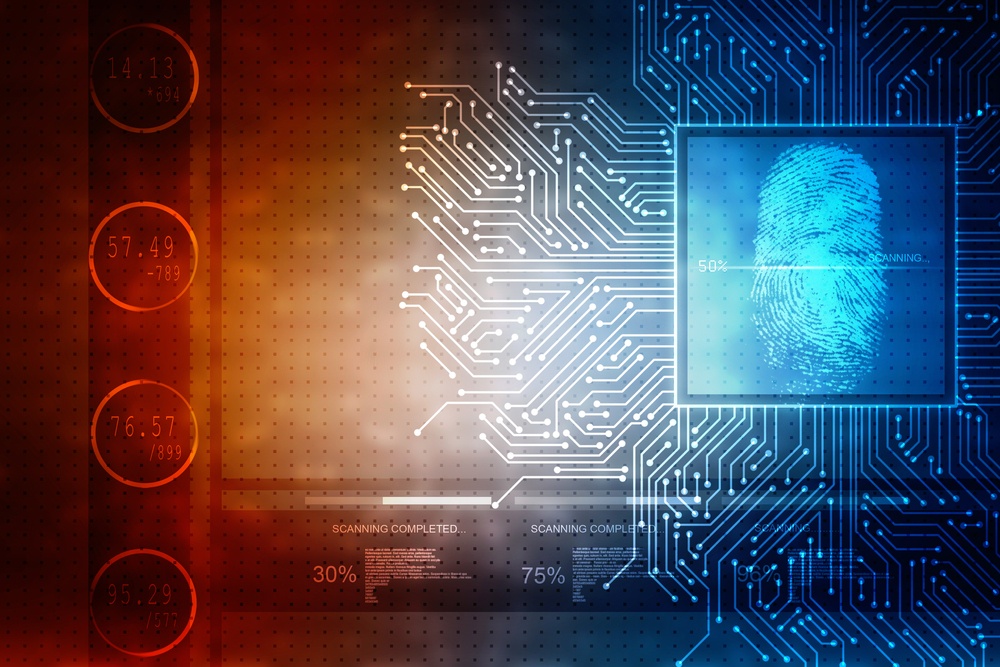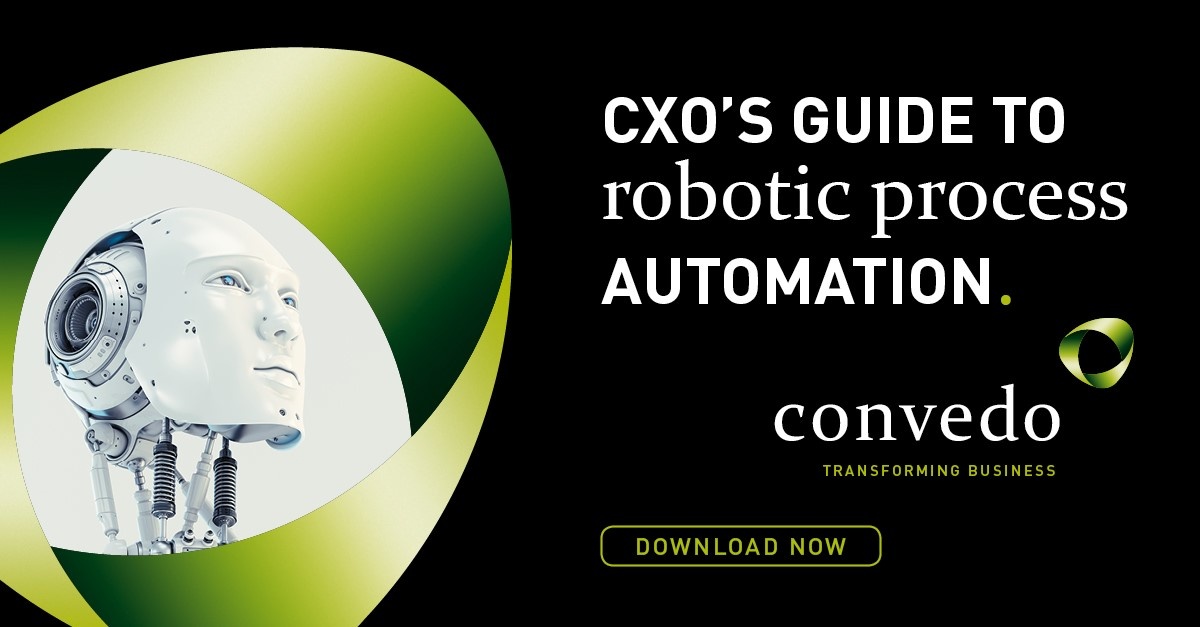Digital Government Trends to look out for in 2018

Is Your AI and Automation Strategy Right for You?
Not only can technology radically transform the face of private companies, it can be just as effective in the public sector. According to a 2016 European Union report, 81 percent of public services in EU member states are now available online. The term "digital government" refers to strategies and initiatives to bring governments and citizens closer together via technology.
Below, we'll examine just four ways that you might see the latest tech trends coming to a government building near you this year.
1. Internet of Things
If you think that the Internet is only restricted to devices like your laptop and smartphone, think again. The Internet of Things (IoT) refers to a network that connects billions of objects via the Internet, from cars to coffee machines. By placing IoT technology in the right places, governments can make sure that senior citizens living at home are well-cared-for, or quickly identify issues with infrastructure, such as traffic lights and sewers.
2. Robotic Process Automation
Robotic process automation (RPA) is growing in popularity as a way to rapidly automate time-consuming manual processes and services. Governments and citizens alike can leverage RPA software to become more efficient and productive. For example, the North Tyneside Council in the U.K. is already using RPA for activities in customer service, finance, and human resources, and expects to reduce costs by £56 million over the next few years.
3. Big Data
Governments collect all sorts of data on their citizens, but too often they fail to use that information effectively. For example, by unifying multiple internal and external data sets, local governments may be able to find people who are living at the same residence while claiming a tax discount for living alone. Smart data processing and analysis can also help governments become more efficient at connecting social care providers with the people who need it.
4. Digital Identities
Proving your identity online can be difficult or onerous, making it hard to access government services over the Internet. Tools such as GOV.UK Verify seek to change that. Citizens can use their digital identity to do everything from renewing driving licenses to filing tax returns.


